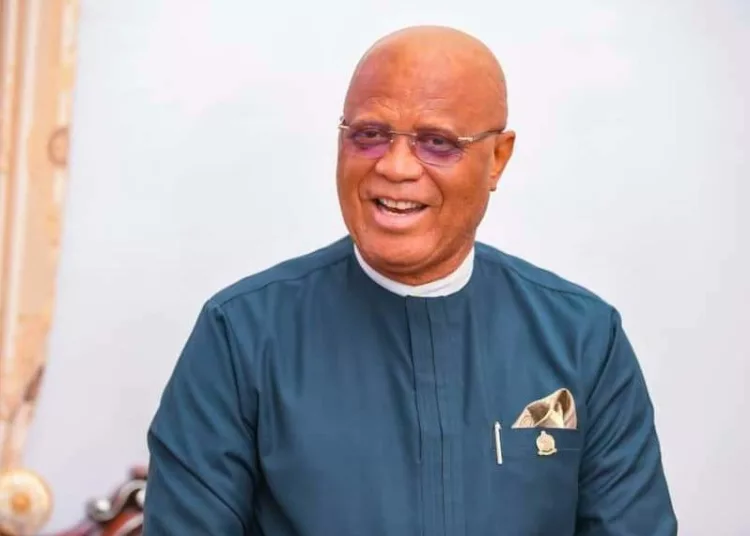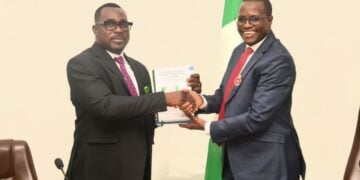Key stakeholders have underscored the importance of complete diversification from fossil fuels to clean energy.
The stakeholders, including the Governor of Akwa Ibom State, Pastor Umo Eno; the minister of State for Petroleum Resources (Gas), Hon Ekperikpe Ekpo; the managing director (MD) of the Oil and Gas Free Zone Authority (OGFZA), Alhaji Jada, and others stressed the need for a complete turnaround of the gas sector by harnessing its potentials in a holistic reform towards guaranteeing renewable energy free from deadly emissions that pose threats to humanity and the environment.
The leaders made the presentation at the weekend at Atabrikang Aquaha community in Ibeno local government area, during the groundbreaking ceremony for the establishment of a multi-billion-naira investment in the 20,000 metric tonnes of Liquified Petroleum Gas (LPG) by Windex Energy Limited (WEL) and Gas 360 firms.
Setting the tone for the event, the MD/ chief executive officer (CEO), Gas 360, Mr Emmanuel Uwandu, revealed that over 98,000 Nigerian women die annually from the use of firewood and charcoal, while about 21,000 women die annually from the usage in the Niger Delta region alone.
Besides, he revealed further that cooking with firewood and charcoal is equivalent to smoking 20 packets of cigarettes, lamenting that such is what Nigerian women go through on a daily basis.
While noting that cooking with ‘dirty’ fuel is the highest killer, the MD expressed regret that attention is given to malaria and HIV Aids while nobody is talking about dirty fuel.
“Today, in Nigeria, cooking with dirty fuel is the highest killer of Nigerians but for some reasons malaria and HIV get the attention, nobody talks about cooking with dirty fuel. Globally, 4.6bn dollars was provided to fight against malaria and HIV for Nigeria but clean cooking receives less than 200 million dollars. We have to do more,” he stressed
He called on Nigeria governments both at the national and subnational levels to unlock global opportunities for clean cooking adding that what the global committee wants is to “see clean action plans or policies and support for government to transform their communities from dirty fuel to clean cooking.”





